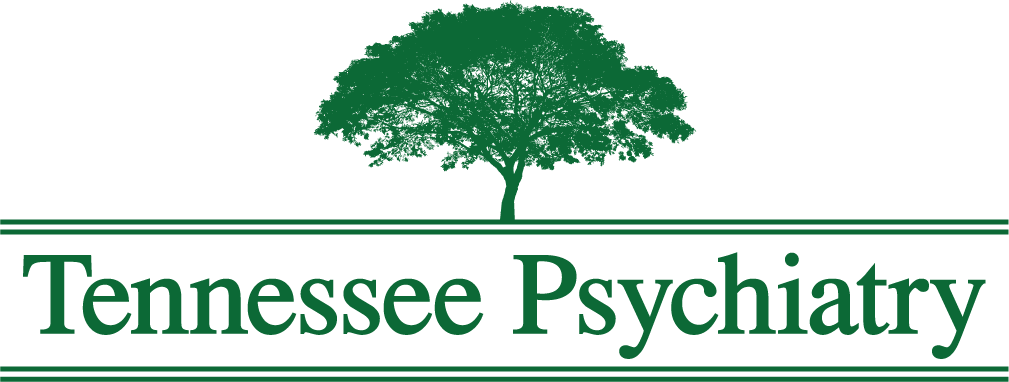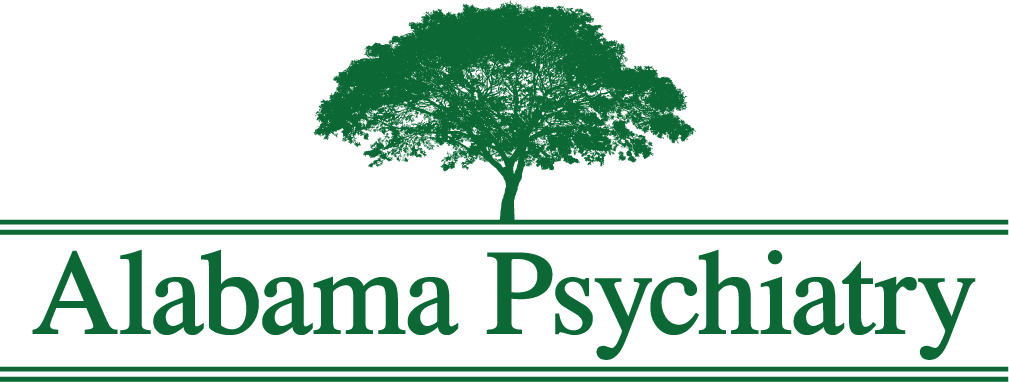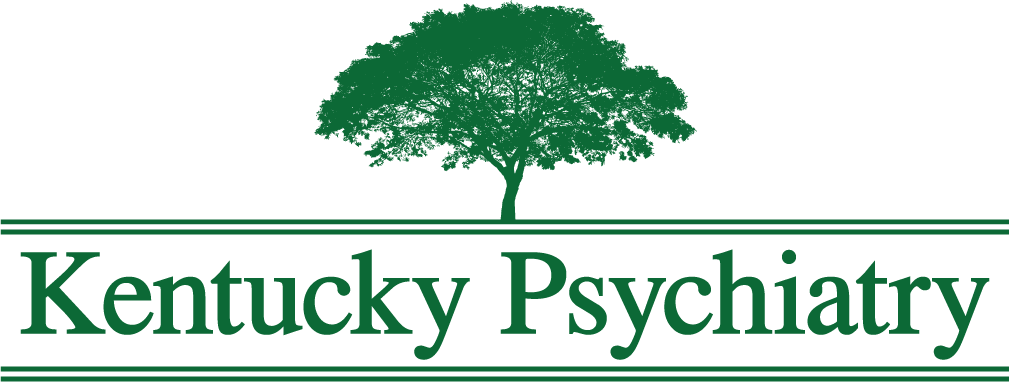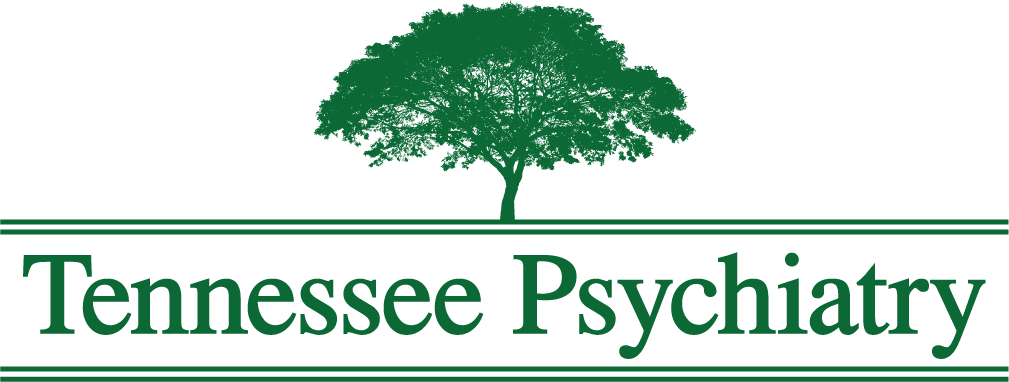People with OCD experience intrusive, unwanted thoughts, images, or impulses that are difficult to ignore, may be highly distressing, and tend to come back repeatedly despite efforts to get rid of them or neutralize them. These thoughts, images, or impulses are referred to as obsessions. In addition, OCD involves repeated behaviors or routines (referred to as compulsions or rituals), which are performed to try to reduce the anxiety associated with obsessive thoughts. OCD may look slightly different for each person, and many people have combinations of different types of OCD symptoms, such as checking, counting, or hand washing.
Most adults with OCD are aware that their obsessions and compulsions do not entirely make sense, but nevertheless have difficulty controlling them. For many individuals with OCD, compulsive routines become so lengthy that daily activities and tasks take much longer than before. Many people begin to avoid certain activities entirely because the prospect of completing the associated compulsions is too overwhelming. Untreated OCD can interfere significantly in many areas of life, including family and social relationships, ability to function at work or school, and ability to concentrate on routine activities.





